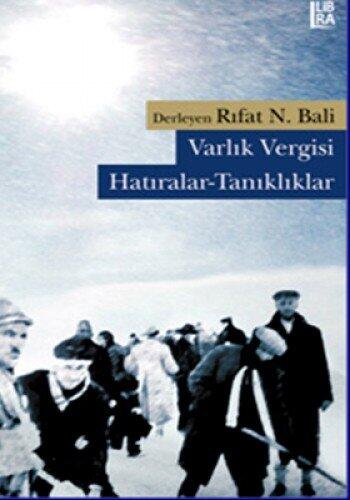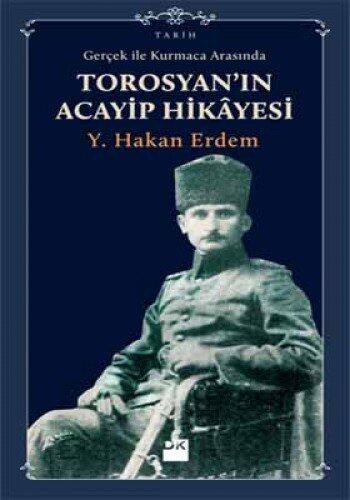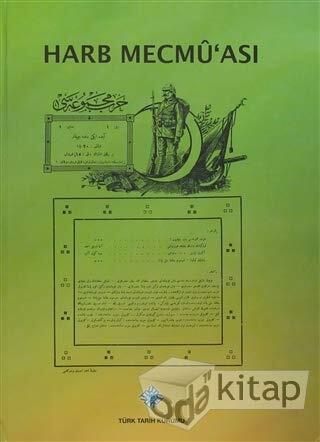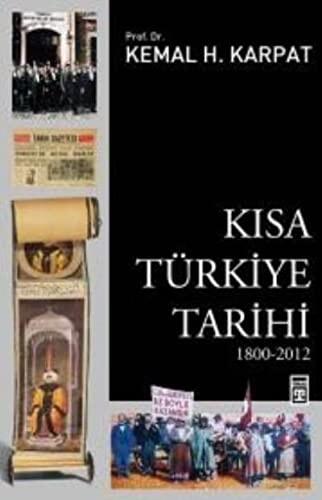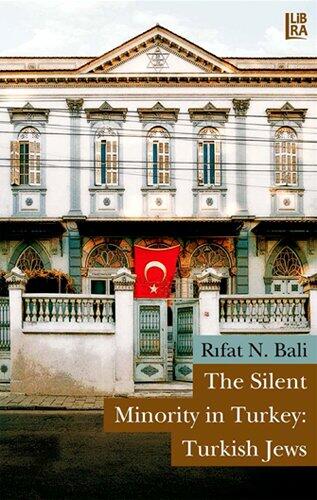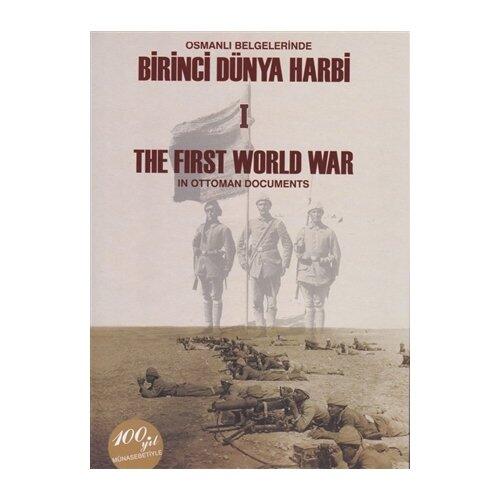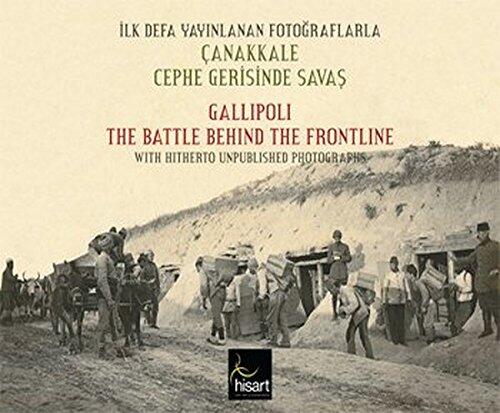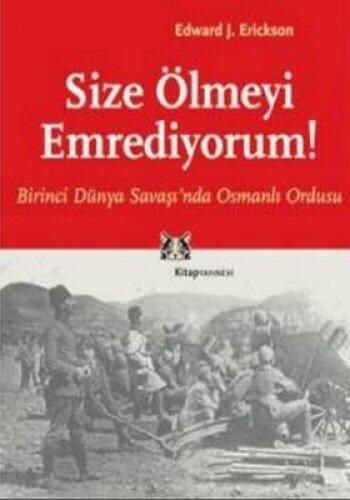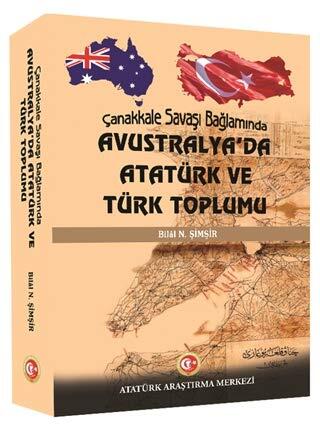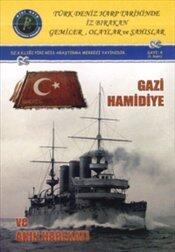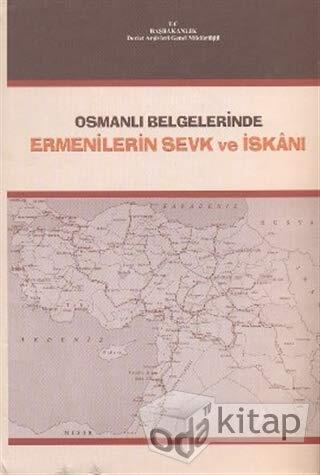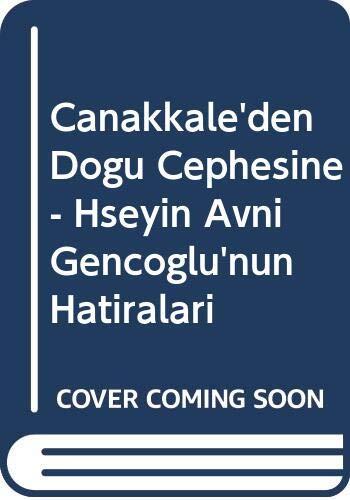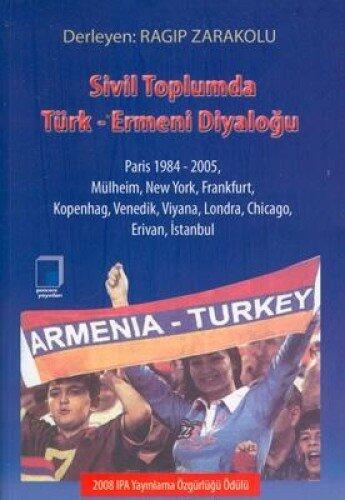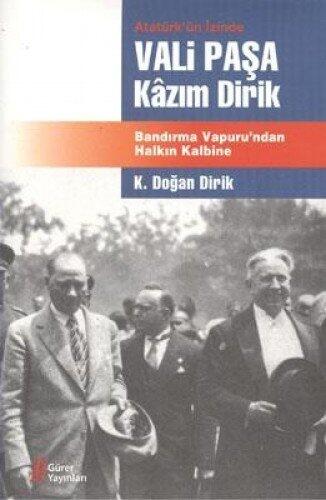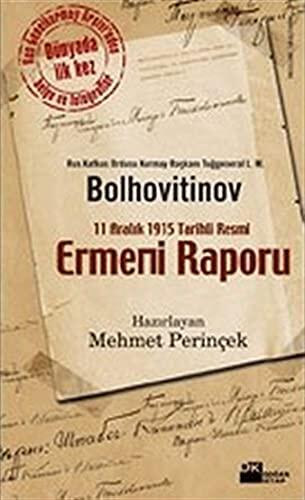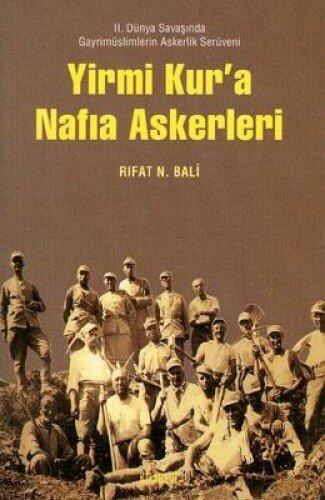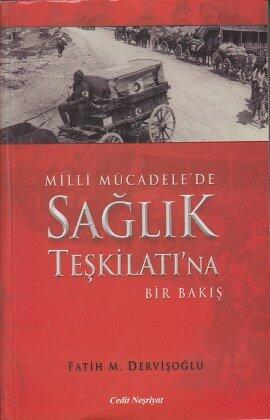
Milli Mucadele'de Saglik Teskilatina Bir Bakis
由
FATIH M. DERVISOGLU.
还没有评分
Action & Adventure
格式
平装书
页数
229
语言
土耳其语
已发布
Jan 1, 2009
出版商
Cedit Neşriyat
ISBN-10
9757352195
ISBN-13
9789757352198
描述
Fatih M. Dervişoğlu offers a meticulous exploration of the health organization during Turkey's National Independence War. This work delves into the intricate web of medical and health-related efforts that supported the troops and civilians alike during a tumultuous period in the nation’s history. Through thorough research and insightful analysis, Dervişoğlu highlights the critical role of healthcare professionals and institutions in ensuring the well-being of those impacted by the war.
The narrative takes a closer look at the challenges faced by the healthcare sector, revealing both the ingenuity and determination of those involved. It paints a vivid picture of the struggles, triumphs, and the collaborative spirit among medical personnel as they navigated scarce resources and overwhelming demands. This book serves as a testament to the resilience of the human spirit in the face of adversity.
Dervişoğlu’s work is not only essential for historians but also for anyone interested in the evolution of public health in Turkey. His writing invites readers to reflect on the past and consider its implications for contemporary health systems. The detailed accounts and personal anecdotes bring to life a period often overshadowed by military strategies and political machinations.
Ultimately, this comprehensive examination contributes significantly to the understanding of how health organizations can adapt and respond during crises. It emphasizes the importance of both preparation and innovation, offering valuable lessons that resonate even in today’s complex world.
The narrative takes a closer look at the challenges faced by the healthcare sector, revealing both the ingenuity and determination of those involved. It paints a vivid picture of the struggles, triumphs, and the collaborative spirit among medical personnel as they navigated scarce resources and overwhelming demands. This book serves as a testament to the resilience of the human spirit in the face of adversity.
Dervişoğlu’s work is not only essential for historians but also for anyone interested in the evolution of public health in Turkey. His writing invites readers to reflect on the past and consider its implications for contemporary health systems. The detailed accounts and personal anecdotes bring to life a period often overshadowed by military strategies and political machinations.
Ultimately, this comprehensive examination contributes significantly to the understanding of how health organizations can adapt and respond during crises. It emphasizes the importance of both preparation and innovation, offering valuable lessons that resonate even in today’s complex world.
